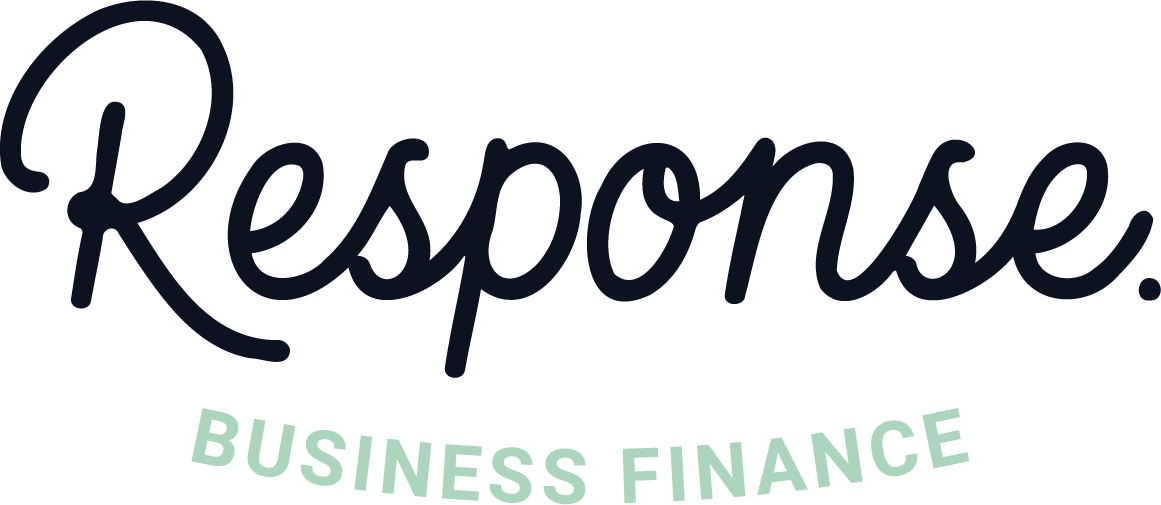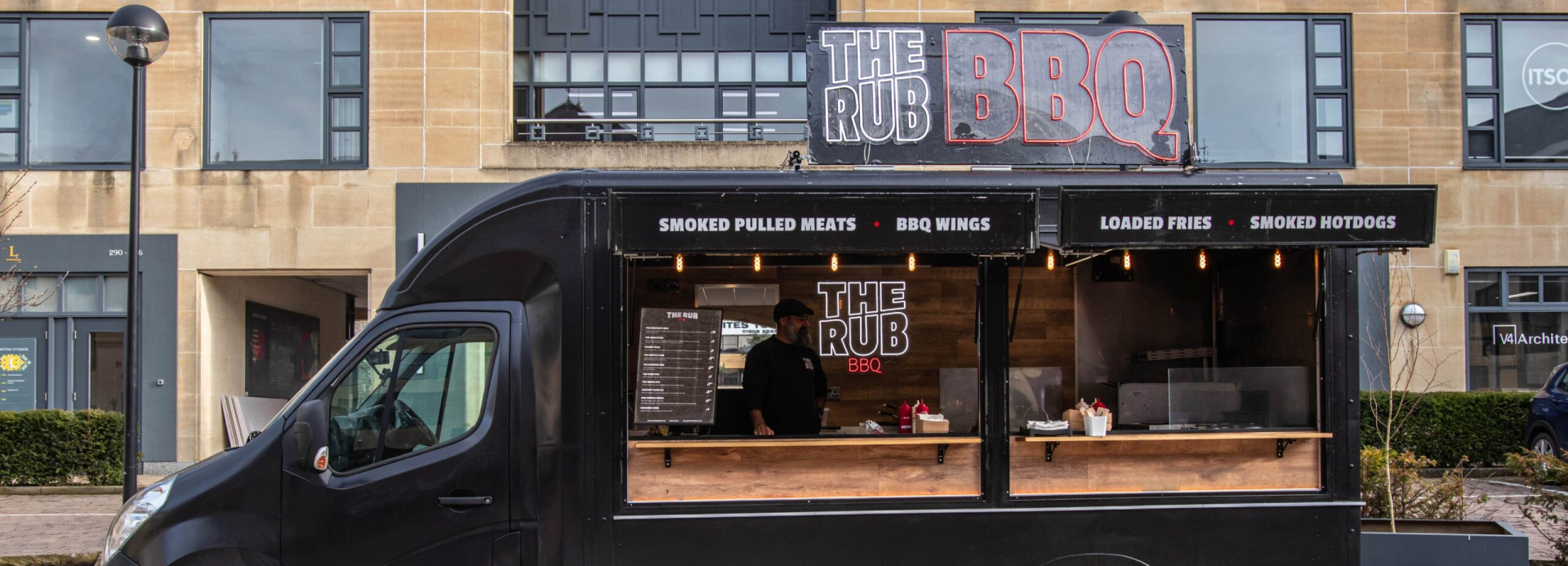
Blog Article by Response Business Finance
How to Get a Short Term Business Loan: Requirements & Approval Process
Waiting weeks for funding when you need cash now isn’t an option for most small businesses. Short term business loans offer a faster route to capital, but knowing what lenders look for can make the difference between approval in 24 hours and rejection.
This guide walks you through exactly what you need to qualify for a short term business loan, what documents to prepare, and how to improve your chances of approval.
What Are Short Term Business Loan Requirements?
Short term business loan requirements vary by lender, but most assess four core areas: your credit score, trading history, revenue, and ability to repay. Unlike long-term loans that scrutinise years of financial data, short term lenders focus on your current cash flow and recent performance.
Here’s what most lenders typically require:
If you’re facing an urgent cash flow gap or unexpected expense, understanding these requirements helps you move quickly and access the capital you need.
Core Eligibility Criteria Explained
Let’s break down each requirement in detail so you know exactly where you stand.
Credit Score Requirements
Your personal and business credit scores both matter. Here’s how different scores typically impact your options:
Even with poor credit, you’re not locked out completely. Many lenders focus more on current cash flow than historical credit issues, especially for unsecured business loans under £50,000.
Quick tip: Check your credit report before applying. Errors are common and can be disputed. Correcting mistakes could boost your score enough to access better terms.
Trading History & Business Age
Most short term lenders set minimum trading periods:
The longer you’ve been trading, the more data lenders have to assess your repayment capacity. If you’re a newer business, focus on lenders who specialise in start-up funding rather than mainstream banks.
Revenue & Cash Flow Requirements
Lenders want proof you can afford repayments. Most require:
Seasonal businesses face extra scrutiny here. If your revenue fluctuates significantly month to month, prepare to explain your business model and show annual figures that demonstrate overall profitability.
Collateral Considerations
Short term loans fall into two categories:
Secured Loans Require collateral (property, equipment, vehicles, or other business assets). These offer lower rates and higher amounts but put your assets at risk if you can’t repay. Best for larger amounts (£50,000+) or businesses with limited credit history.
Unsecured Loans No collateral needed, making them faster to arrange and less risky for you personally. However, rates are typically higher (15-35% APR) and amounts lower (usually £5,000-£100,000). Many small businesses prefer this route for speed and simplicity.
If you’re weighing up whether collateral is worth it for better rates, consider the total cost difference. Sometimes the rate savings on a secured loan don’t justify the risk and extra time involved.
Required Documentation Checklist
Having your paperwork ready speeds up approval significantly. Here’s what most lenders ask for:
The Rub BBQ needed funding to franchise their successful Milton Keynes brand nationwide. The challenge? Most lenders don’t understand franchise models. We structured business expansion loans for the franchise rollout plus tailored franchise loans for new franchisees covering marketing and vehicle finance. The result was a scalable nationwide franchise backed by solid financial strategy.
Each funding type suits different situations. If you’re unsure which option fits your needs, our team can talk you through the pros and cons. Give us a call and we’ll explain what makes sense for your specific circumstances.
How to Access Emergency Funding Fast
Speed matters in emergencies, but preparation makes you faster. Here’s how to move quickly.
Financial Documents
Most lenders need:
Having these ready before you apply can cut days off the process.
The Approval Process: Step by Step
Understanding what happens after you apply removes uncertainty and helps you prepare.
Step 1: Initial Application (5-15 minutes)
You provide basic business information, loan amount needed, and intended use. Most online applications take under 15 minutes to complete.
Step 2: Pre-Qualification (1-24 hours)
Lenders review your application and run initial credit checks (often soft checks that don’t affect your score). They’ll indicate if you’re likely to be approved and for what amount.
Step 3: Full Application & Documentation (1-3 days)
If pre-qualified, you submit full documentation. The lender verifies your information, checks bank statements, and assesses your business more thoroughly.
Step 4: Underwriting Decision (1-5 days)
The lender’s underwriting team reviews everything and makes a final decision. They may ask for clarification or additional documents during this stage.
Step 5: Offer & Acceptance (1 day)
If approved, you receive a formal loan offer detailing the amount, rate, term, and repayment schedule. Review carefully before accepting.
Step 6: Funding (1-3 days)
Once you accept, funds are typically transferred within 1-3 working days, though some lenders offer same-day funding for urgent cases.
Total timeline: Expect 3-7 days from application to funds in your account for straightforward cases. Complex applications or larger amounts may take 2-3 weeks.
The fastest approvals happen when you provide complete, accurate information upfront and respond quickly to any follow-up requests.
How Loan Amount Affects Requirements
Requirements tighten as loan amounts increase:
£5,000-£25,000 (Small Short Term Loans)
Requirements tighten as loan amounts increase:
£25,000-£100,000 (Standard Short Term Loans)
£100,000+ (Large Short Term Loans)
Start by assessing what you actually need rather than what you think you can get. Borrowing only what’s necessary improves approval odds and keeps costs manageable.
Before committing to any loan amount, understand the full picture. Interest rates are just part of the story – arrangement fees, early repayment charges, and other costs can significantly impact what you actually pay. Make sure you review all fees carefully when comparing loan options.
Tips to Improve Your Approval Chances
Not quite meeting standard requirements? Here’s how to strengthen your application:
Improve Your Credit Score
Strengthen Your Financial Position
Prepare a Strong Application
Consider Alternative Options
Work With a Broker
Finance brokers have relationships with multiple lenders and know which ones are most likely to approve your specific situation. They can also help you position your application in the strongest possible way.
Common Rejection Reasons & Solutions
Understanding why applications get declined helps you avoid the same mistakes:
Insufficient Trading History
Solution: Wait until you hit 6-12 months trading, or look for specialist start-up lenders who work with newer businesses
Low Credit Score
Solution: Work on improving your score for 3-6 months, or apply to lenders who specialise in bad credit business finance
Inconsistent Revenue
Solution: Wait until you have 3+ months of stable income, or apply during your peak season when revenue is strongest
Poor Cash Flow
Solution: Reduce expenses, collect overdue invoices, or wait until cash flow improves before applying
Incomplete Documentation
Solution: Have everything ready before you start – incomplete applications often get rejected automatically
Too Much Existing Debt
Solution: Pay down current debts where possible, or consolidate multiple debts into one manageable payment
Unclear Use of Funds
Solution: Provide specific details on how you’ll use the money and how it will benefit your business
If you’ve been declined, don’t immediately apply elsewhere. Multiple rejections harm your credit score. Instead, understand why you were turned down, address the issue, and wait at least 30-60 days before reapplying.
Why Work With Response Business Finance
Finding the right short term business loan shouldn’t be complicated. At Response Business Finance, we’ve spent over a decade helping UK small businesses access funding that actually fits their needs.
Founded by business owners who’ve faced the same funding challenges you’re dealing with now, we know what it takes to build and grow a business. That’s why we don’t just process applications – we take time to understand your situation and match you with lenders who are genuinely right for your business.
We work with a wide panel of lenders across the UK, from high street banks to specialist finance providers. This means we can help businesses at different stages, whether you’re a brand new start-up or an established company looking to expand. We’ve secured funding for businesses that traditional lenders turned away because we know where to look and how to position your application.
Since 2010, we’ve helped hundreds of UK businesses access business finance ranging from £5,000 to £500,000+. Our clients consistently highlight our straightforward approach and genuine commitment to their success.
If you’re ready to explore your options, get in touch with us. We’ll give you an honest assessment of what’s achievable and help you secure the right funding for your business.
Frequently Asked Questions
Mark Squires
Managing Director
Mark Squires is a seasoned professional with a passion for transforming how businesses access finance. As the founder of Response Business Finance (RBF), Mark leads a boutique commercial brokerage built on the principles of sensibility, ethics, and proactivity. His vision is simple yet profound: to make commercial finance personal, offering tailored solutions that empower SMEs to thrive.




